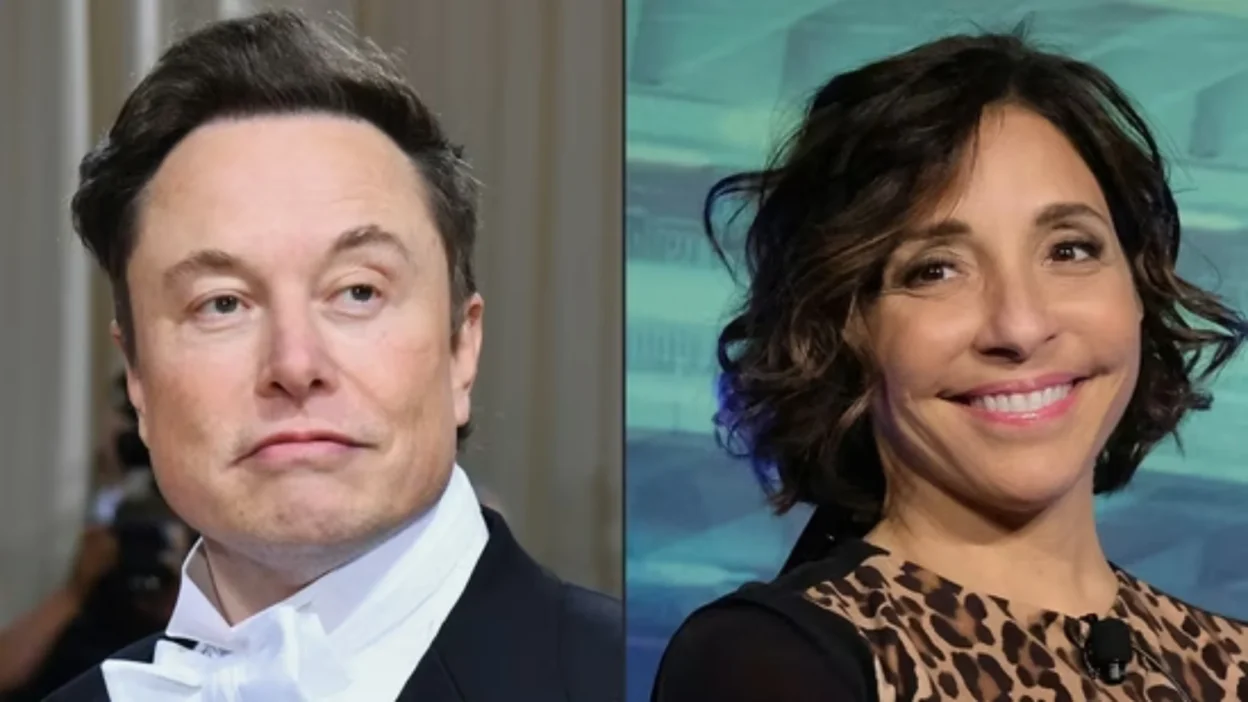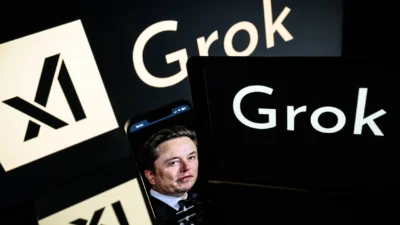When Linda Yaccarino accepted the chief executive role in 2023, she also became, in effect, chief reputation officer. Her NBCUniversal pedigree reassured brand managers who had frozen spend after Musk’s takeover. By spring 2025, Canadian ad bookings on X had inched upward, helped by attractive cost per thousand impressions and new adjacency controls.
Yet one obstacle loomed, Ottawa’s Online News Act. Google negotiated a hundred million dollar annual payment and won a five-year exemption. Yaccarino signalled that X could craft a similar deal, even holding quiet calls with Minister Pascale St‑Onge, but insiders say Musk bristled at any cash transfer to publishers.
There was no public quarrel. Staff describe a more subtle divergence. Yaccarino urged measured concessions to maintain advertiser confidence, while Musk pressed for rapid integration with XAI’s Grok, insisting that AI-driven curation would reduce dependence on legacy news content. The philosophical split widened after XAI swallowed the social network in March.
Her departure shifts risk back onto brands. Industry analysts still expect global revenue for X to rise this year, yet legal threats against holdout advertisers hint at volatility beneath the headline. Canadian marketers must now weigh the platform’s bilingual reach against renewed brand safety concerns.
Regulators lose their most pragmatic contact. Without Yaccarino, dialogue over link tax compliance may stall, making a mandatory arbitration scenario more likely. If Musk doubles down on AI aggregation that bypasses publisher URLs, Ottawa could escalate enforcement.
Best practice for Canadian communicators is to keep a watching brief on policy signals from the CRTC, run small budget tests that can be paused quickly, and document any adjacency breaches for future negotiations. Stability is no longer guaranteed, but X remains a uniquely powerful channel during a federal election cycle.





